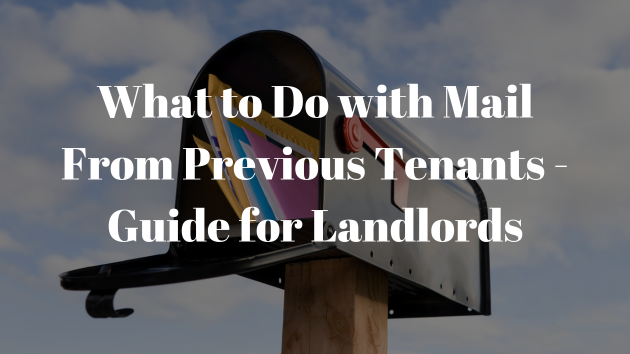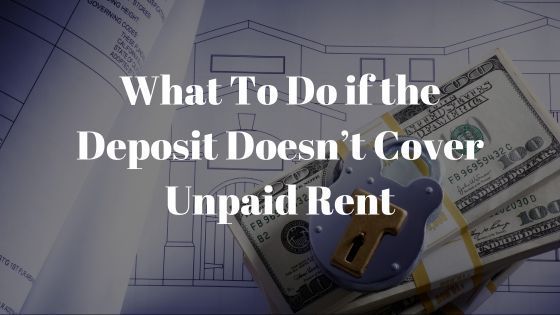
Property for Profit: How to Find Your First Investment
An investment property is an incredible way to diversify your portfolio and take advantage of all the benefits that real estate has to offer. After all, the allure of real estate is easy enough to understand. Not only does it offer a residual income, but it also provides the safety of owning a hard asset, the constant promise of price appreciation, and the chance to get creative too! Of course, while it’s easy to get caught up in the excitement of making a property purchase, it’s important to have a solid plan in place.
Jumping into action too quickly could lead to some costly problems later down the line. In fact, you may even find that you end up with a property that has more expenses to deal with than you originally bargained for. With that in mind, we’re going to give you some quick tips for finding your first investment – taken straight from the experts .
1. Buy with your Head, Not with Your Heart
Buying property is an exciting experience. It’s easy to get carried away when you see all the possibilities that can come with being a landlord. However, don’t let your “gut feelings” get the better of you. Just because someone took the time to wash a house , so it looks attractive from the outside, doesn’t mean it has everything you need to attract a tenant inside. At the same time, a home that looks incredible won’t do much for you unless it’s in an area where people want to live. Think about the audience you want to attract with your real estate investments, and how you’re going to make sure you get the most out of your money.
A good thing to keep in mind is that you should never try to “chase the deal.” A lot of people in real estate investing find themselves losing money because they’re too excited when they get started, and they forget to think of investment carefully.
2. Know the Value of the Property
Finding the value of a property isn’t always easy when you’re a beginner in real estate investment, but don’t take any chances. Getting a property valuation is often the first step towards success , and if you manage to grab a house that’s below the County Appraisal district, you should be in a good position. Remember to have your house properly evaluated too, to ensure that there aren’t any hidden repairs or issues that you’re not aware of that could eat into the savings you think you’re getting.
You can also look into the potential of the property to see whether its value will increase over time. Speak to a real estate agent to see how prices have changed over the last five years and look into any planning permission for new amenities in the area.
3. Remember to Get the Location Right
Whether you’re a first-time buyer of a family home, or you’re just getting started with real estate investing, it’s important to remember that the right location is key . You’ll struggle to sell even the most attractive home if it’s in an area that people can’t trust.
To make sure that you’re making the right investment in a location that’s going to hold its value for as long as possible, find out as much information as you can before you sign on the dotted line. Speak to the local law enforcement agency about crime rates and look for details about nearby amenities like schools and parks. Consider spending some time parked around the property at different times of the day to see what the atmosphere is like.
4. Get the Right People Onboard
Finally, this may seem like an obvious suggestion, but the best way to make investing in real estate easier is to make sure that you have the right support. You wouldn’t try moving into a new home without a reputable mover like our friends at Bellhops Moving in Charlotte to help you get your property transported safely. In the same way, you shouldn’t try to take on the complexity of becoming a landlord without some professional help.
Successfully investing in and managing your rental properties can be quite the challenge when you’re new to the market. Getting professional advice from the right team can make sure that you’re not missing out on anything that might come back to haunt you later on.

Dawson Property Management








